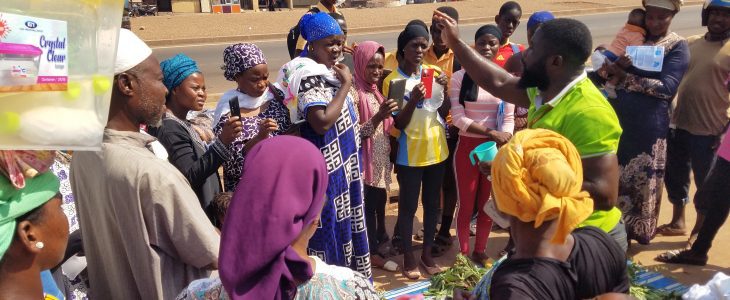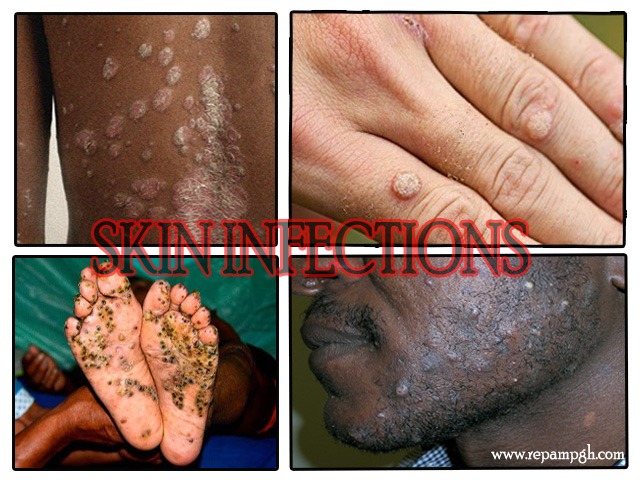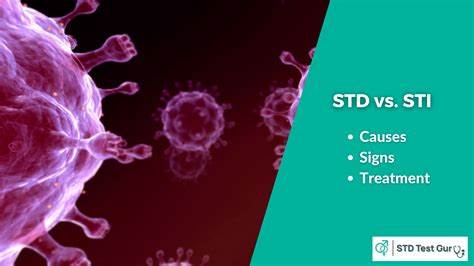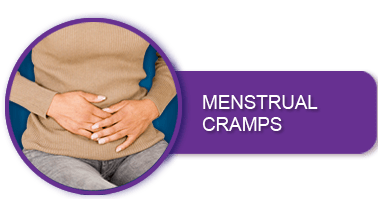Varicocele – Symptoms, Causes and Herbal Treatment
A varicocele is an enlargement of the veins within the scrotum, similar to varicose veins that can occur in the legs. These veins, known as the pampiniform plexus, become enlarged and can cause various symptoms and complications.
Symptoms of Varicocele
Varicoceles can present with a range of symptoms, although many individuals may not experience any noticeable signs. Here are the common symptoms:
- Dull, aching pain: This pain is often felt in the scrotum and can become more pronounced after standing for long periods or engaging in physical activity.
- Visible or palpable enlarged veins: The veins in the scrotum may appear enlarged and can feel like a “bag of worms.”
- Testicular atrophy: The affected testicle may shrink in size.
- Infertility: Varicoceles can impact sperm production and quality, potentially leading to infertility.
- Discomfort or heaviness: A feeling of heaviness or pain in the scrotum.
If you have any concerns or are experiencing these symptoms, it’s a good idea to consult a healthcare provider for a proper diagnosis and treatment plan.
The Causes of varicoceles
The exact cause of varicoceles isn’t completely understood, but several factors are believed to contribute to their development:
- Valve Malfunction: The veins in the scrotum have valves that help regulate blood flow. If these valves fail to function properly, blood can pool in the veins, causing them to enlarge.
- Anatomical Factors: The left testicular vein follows a different path compared to the right, which may make it more susceptible to issues with blood flow. This is why varicoceles are more commonly found on the left side.
- Pressure Differences: Increased pressure in the veins due to physical exertion or prolonged standing can also contribute to the development of varicoceles.
These factors can lead to the enlargement of the veins within the scrotum, similar to varicose veins in the legs.
Diagnosis
- Physical examination: A healthcare provider may detect abnormal enlargement of the veins.
- Ultrasound: This imaging test uses sound waves to create images of the scrotum and can help confirm the diagnosis
Medical Treatment for varicoceles
Treatment for varicoceles depends on the severity of symptoms and whether fertility is a concern. Here are the main treatment options:
Non-Surgical Treatments
- Observation: If the varicocele is not causing symptoms or fertility issues, no treatment may be necessary. Regular check-ups can help monitor the condition.
- Pain Management: Over-the-counter pain relievers like acetaminophen or ibuprofen can help manage discomfort.
Surgical Treatments
- Varicocelectomy: This is a surgical procedure where the enlarged veins are tied off to redirect blood flow into normal veins. It can be performed through open surgery or laparoscopically.
- Varicocele Embolization: A less invasive procedure where a catheter is used to place coils or a solution to block the affected veins. This procedure is typically done under local anaesthesia.
Considerations
- Fertility: Surgery is often recommended if the varicocele is causing infertility. Studies suggest that treating varicoceles can improve sperm quality and increase the chances of conception.
- Recurrence: There is a possibility of varicoceles recurring after treatment, especially with embolization
Herbal Treatment of Varicoceles

Herbal treatments for varicoceles focus on improving blood circulation, reducing inflammation, and strengthening the veins. Here are some commonly recommended herbal remedies:
Herbal Remedies
- Horse Chestnut Extract: Contains a compound called aescin, which helps strengthen blood vessel walls and improve blood circulation.
- Butcher’s Broom: Known for its anti-inflammatory properties, it can help reduce swelling and improve vein health.
- Gotu Kola: Traditionally used to enhance circulation and support vein health.
- Witch Hazel: Often used for its astringent properties, which can help reduce swelling.
- Ginger: Known for its anti-inflammatory effects, it can help improve blood flow.
Lifestyle Changes
- Diet: Incorporate anti-inflammatory foods rich in antioxidants, omega-3 fatty acids, and fibre. Avoid processed foods and caffeine.
- Exercise: Regular physical activity can improve blood circulation. Low-impact exercises like walking, swimming, or cycling are beneficial.
- Supportive Underwear: Wearing supportive underwear or compression shorts can help reduce the pooling of blood in the scrotum.
Alternative Therapies
- Acupuncture: This may help improve blood flow and reduce pain.
- Yoga: Certain yoga poses can enhance circulation and reduce pressure in the veins.
Essential Oils
- Cypress: Known for its ability to improve circulation.
- Helichrysum: Has anti-inflammatory properties.
- Peppermint: Can provide a cooling effect and improve blood flow.
- Lavender: Helps with relaxation and reducing stress
Homeopathic and Ayurvedic Remedies
- Arnica, Pulsatilla, Bellis Perennis: Common homoeopathic remedies for varicoceles.
- Ashwagandha, Gokshura, Shilajit, Varuna: Ayurvedic herbs are known for their benefits in improving blood circulation and vein health.
These natural treatments can complement conventional medical approaches. However, it’s important to consult with a healthcare provider before starting any new treatment to ensure it’s safe and appropriate for your specific condition.









Review Varicocele (Herbal Treatment).
You must be logged in to post a review.